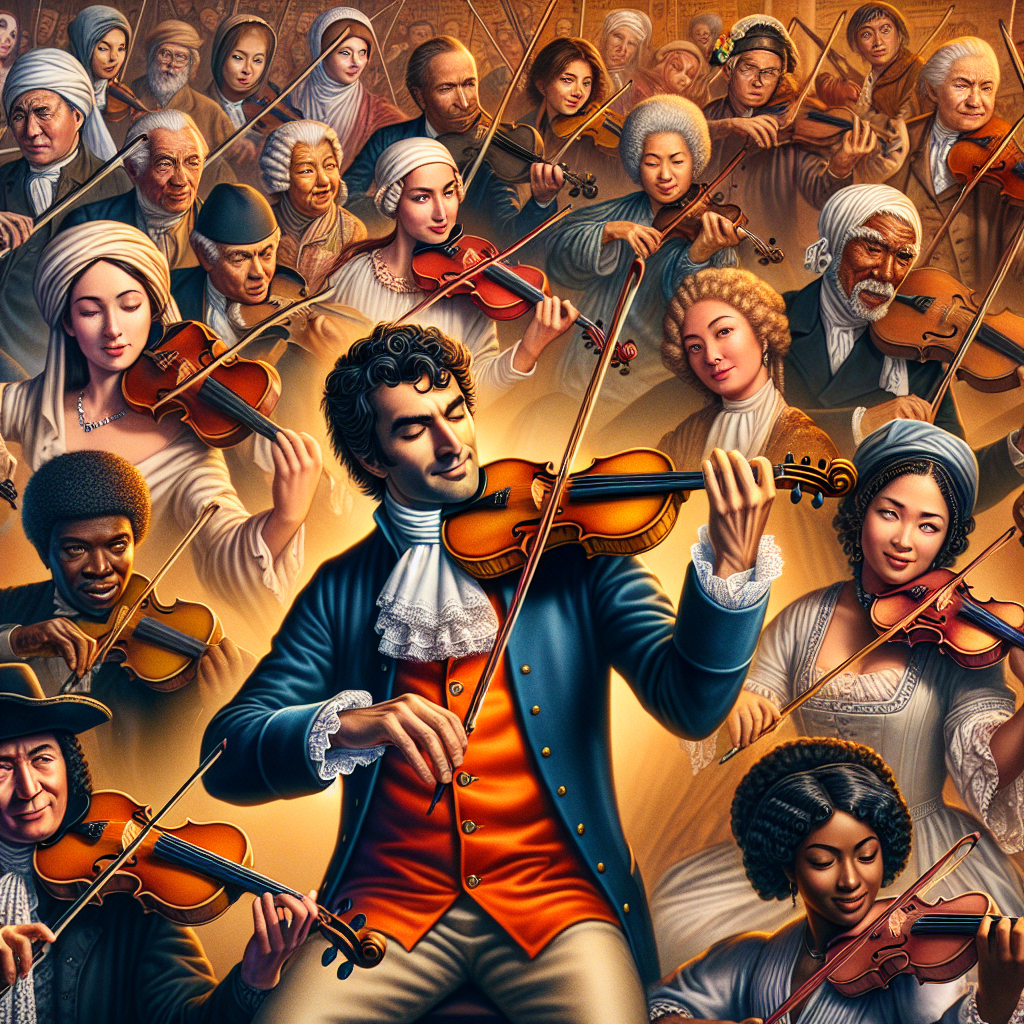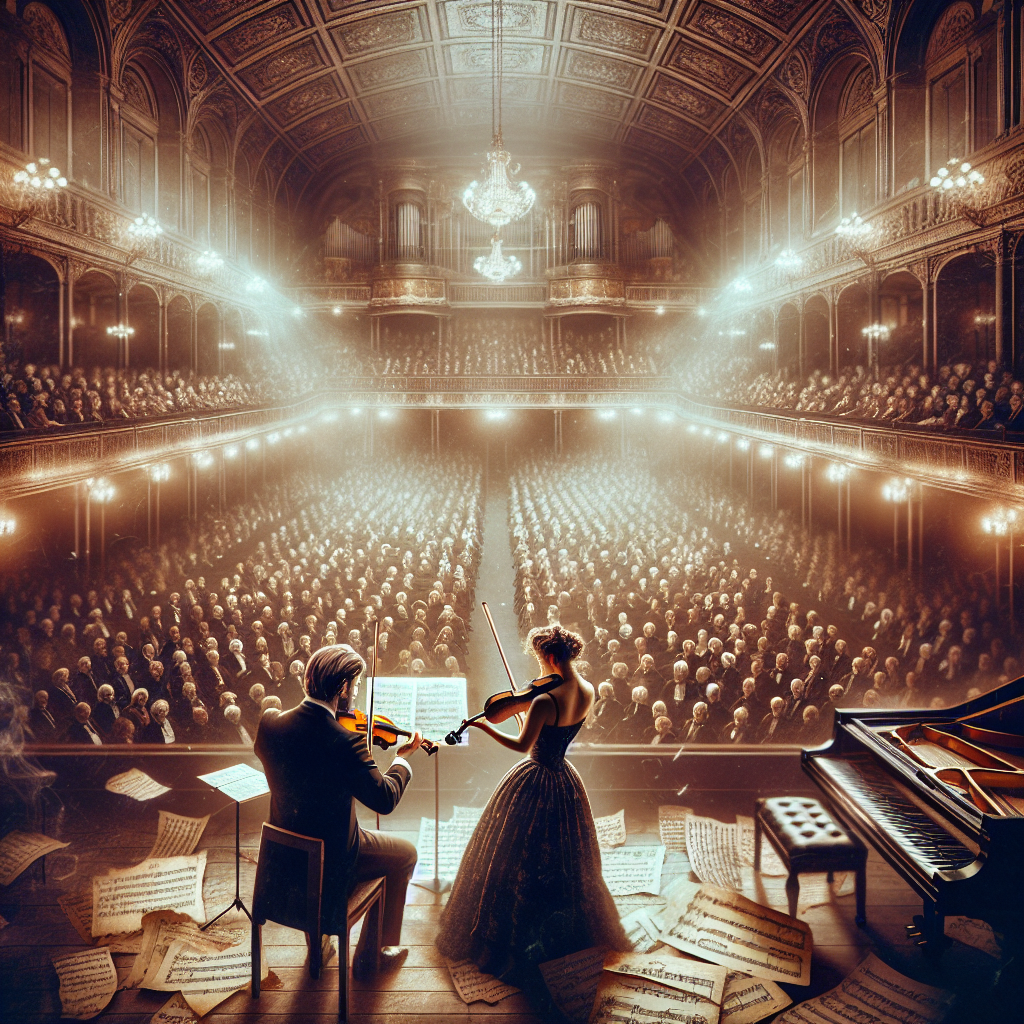There are few figures in the history of music which command as much respect and admiration as Ludwig van Beethoven. Known for his virtuoso talent and his incredible compositions, Beethoven has left a legacy that has endured centuries. His genius is a topic that invites in-depth examination and reflection.
Early Life and Musical Career
Beethoven was born in Bonn, Germany in 1770. His early musical education was rigorous and demanding, led by his father who was a musician in the Elector of Cologne’s court. He made his first public performance at eight years old. His talent, even at such a young age, captured the attention of Christian Gottlob Neefe, a German opera composer, who took Beethoven under his wing and played a critical role in the development of his skills.
Adulthood and Personal Struggles
The onset of Beethoven’s adult life was marked by a series of personal struggles. He moved to Vienna in 1792, a city that would become his permanent home and creative hub. The most debilitating of these was his gradual loss of hearing, which began in 1798 when he was just 28 years old. Ironically, this impairment seemed to fuel his creativity rather than hinder it, and some of his greatest works were composed when he was profoundly deaf.
Music that Transcends Time
Beethoven’s music is characterized by its emotional depth and innovative form. His compositions broke away from the norms of his time, introducing elements of romanticism to the classical form. His works were groundbreaking and elicited strong emotional responses. Today, his music is celebrated for its ability to embody humanity’s deepest thoughts and emotion.
Beethoven’s Artistic Legacy
Beethoven’s contributions to music were revolutionary. As a visionary, he pushed the boundaries of composition and performance, giving birth to what we know today as the Romantic Era of classical music. His symphonies are considered some of the greatest in the Western musical canon, and his pieces continue to be performed by orchestras around the world. His work was progressive and daring, challenging the status quo and offering a vision of what music could be.
Conclusion
In reflecting upon Beethoven’s legacy, it’s clear that his determination, ingenuity, and uninhibited emotional expression make his work unparalleled. Despite personal and physical struggles, Beethoven not only produced masterpieces of exquisite beauty and depth but also changed the course of music history. His genius speaks through his compositions, defying time and continually stirring the souls of listeners. It’s in his music that we find a testament to the triumph of human spirit over adversity. Ludwig van Beethoven was, without a doubt, a music virtuoso whose legacy will continue to inspire generations to come.
Frequently Asked Questions
- When was Ludwig van Beethoven born?
- What significant health problem did Beethoven endure?
- Why is Beethoven considered a groundbreaking composer?
- Which is Beethoven’s most famous work?
- How did Beethoven’s deafness influence his music?
Beethoven was born on December 17, 1770, in Bonn, Germany.
Beethoven began to lose his hearing at the age of 28, and eventually became deaf. However, this did not prevent him from composing some of his most renowned works.
His compositions represent a departure from the classical forms of the time, incorporating elements of drama and emotion that prefigured the Romantic era in music. His innovations formalized a bridge between classical and romantic compositions.
While Beethoven created many renowned pieces, his Symphony No. 9, also known as the “Ode to Joy,” holds a particular prominence. It is celebrated for its challenging composition, innovative structure, and profound emotional depth.
Some musicologists suggest that Beethoven’s increasing deafness led him to create music that was more internalized, with profound depths of emotion and intricate musical structures. He relied on the visual representation of music to compose, rather than the audible.




